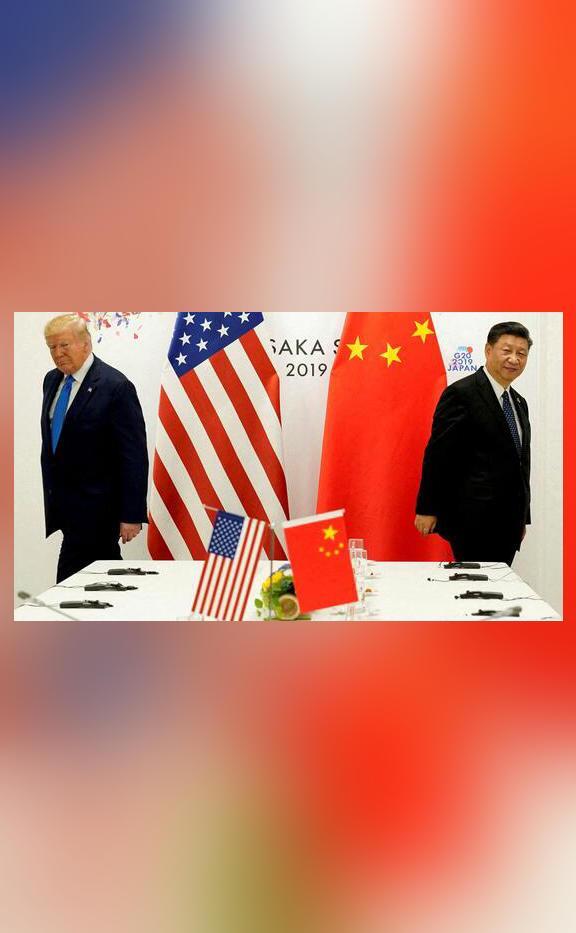
Loss for them: US as China imposes 84% tariffs after Trump’s 104% tariff move
The ongoing trade tensions between the United States and China have taken a new turn, with China imposing 84% retaliatory tariffs on US goods. This move comes after US President Donald Trump imposed 104% tariffs on Chinese goods, a decision that has been met with criticism from many quarters. US Treasury Secretary Scott Bessent has weighed in on the issue, calling China’s decision a “losing proposition” for them.
In a statement, Bessent said, “It’s unfortunate that the Chinese don’t want to negotiate, because they are the worst offenders in the international trading system.” He added that China’s decision to impose tariffs on US goods would ultimately harm their own economy and people.
The US-China trade dispute has been ongoing for several months, with both sides imposing tariffs on each other’s goods. The dispute started when the US accused China of intellectual property theft and unfair trade practices, and Trump responded by imposing tariffs on Chinese goods. China has responded by imposing retaliatory tariffs on US goods, including soybeans, pork, and aircraft.
The latest move by China has been met with criticism from many quarters, including the US Chamber of Commerce, which has called the tariffs “unjustified” and “harmful to American businesses and workers.” The Chamber has urged both sides to negotiate a trade agreement that benefits both countries.
The US-China trade dispute has had far-reaching consequences for the global economy, including a slowdown in global trade and a decline in confidence in the global economy. The dispute has also had a significant impact on the US economy, with many American businesses and workers feeling the pinch.
Despite the criticism, China has maintained that its decision to impose tariffs on US goods is a legitimate response to the US tariffs imposed by Trump. China has accused the US of bullying and has called for a more balanced approach to trade.
The US-China trade dispute is just one of several trade disputes that have been ongoing for several months. The US has also imposed tariffs on goods from other countries, including Canada, Mexico, and the European Union. These disputes have raised concerns about the impact on global trade and the economy.
In conclusion, the latest move by China to impose 84% tariffs on US goods is a losing proposition for them, according to US Treasury Secretary Scott Bessent. The US-China trade dispute has had far-reaching consequences for the global economy, and it is essential that both sides negotiate a trade agreement that benefits both countries.
Source:






